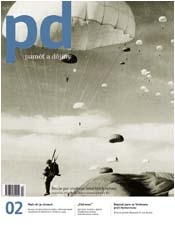

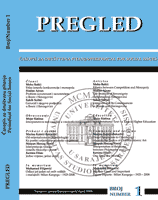

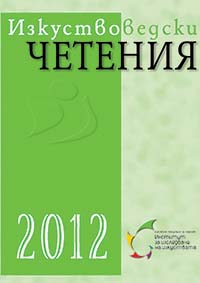
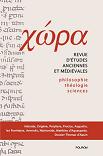
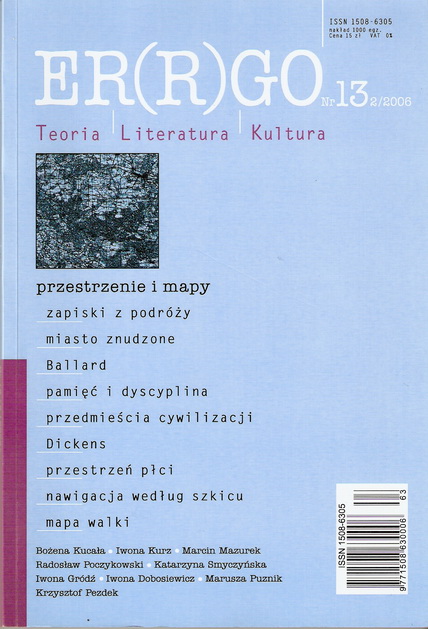

Taking Scott Fitzgerald’s prophetic prediction of the urban reality informed by “racy, adventurous feel […] and the constant flicker of men and women and machines” as a departure point, the article aims at analysing the problem of contemporary representation and distribution of urban space. Populated in equal measures by the human and the technological, the cityscape inevitably enforces a redefinition of the urban self, locating it at the intersection of the technological, the textual and the virtual environments and thus narrating a significant departure from the traditional approaches to urban locality in favour of the cyber ones. Traces of the latter are identifiable across a number of textual representations, from the aforementioned Fitzgerald to William Gibson and Neal Stephenson, and from Melvin Webber to Jean Baudrillard and William Mitchell. Still, somehow contrary to Mitchell’s enthusiastic views of the cyber-urban future, there appears a much more sinister tone of the threats posed by the excessive development of technological consumerism, which as J. G. Ballard’s book "Millennium People" informs us, is likely to evoke all kinds of nihilistic and self-destructive reactions.
More...





Contemplating the social and historical significance of the Warsaw Uprising and its 60th anniversary, the article points to a silent ever-presence of the event’s painful reminders in the city’s contemporary landscape, which – though seemingly erased from the map of everyday trivia and the city’s obsessive mobility – still appear and re-appear in the background of every-day actions and as such constitute the historical unconscious of the celebrated 2003 Warsaw movie. The key point of the article revolves around the anniversary’s celebrations, which, due to their scale and sophistication, rearranged the ordinary space of Warsaw turning it, through repetition and experience, into a space of “bleeding memory.” This particular balance between dramatic past and its contemporary re-enactment not only introduces what Marianne Hirsch calls “post-memory,” but also, if not in the first place, it provides one of the crucial cornerstones of national identity.
More...
